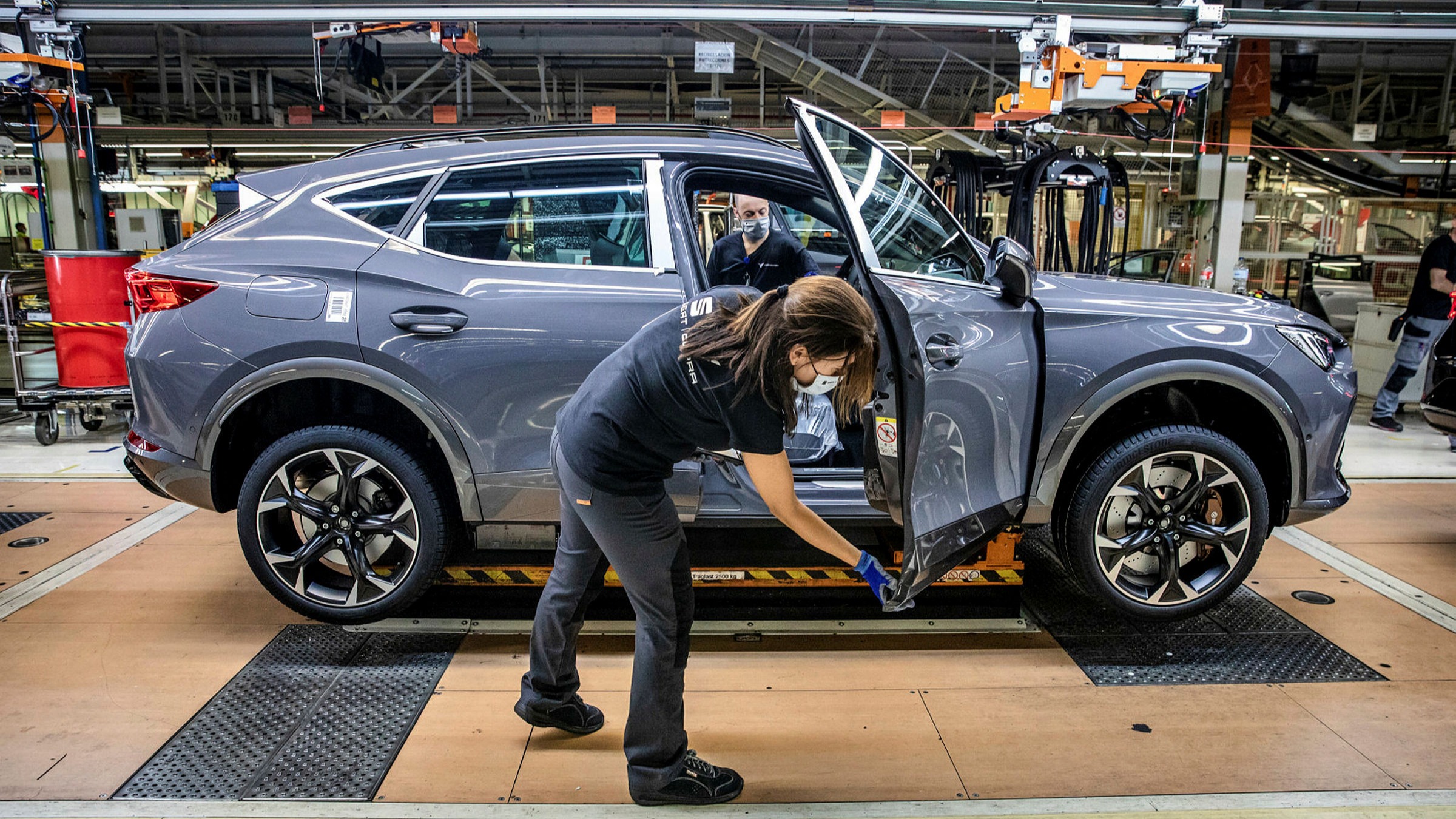
In Spain, the car industry is a competitive and important market. It is one of the most critical parts of the Spanish economy, alongside other powerful industries. Spain is the second-largest car producer in Europe and the 12th-largest internationally.
Spain continues to be an advanced prospect for the motor industry due to its highly qualified manpower, substantial R&D, intelligent software, and advantageous geographic position. Still, if you don’t work well or have some issue, you can visit car services stores that are reviewed on OpinionesEspana. If you have a question in mind, “where to get a car in Spain”, it’s not a big deal to change this into a satisfactory answer.
Development, manufacture, and supply
Financial agreements and organizing of production, manufacturing, and supply in the Spanish car industry are quite similar to those in other European countries. There may be some exceptions in the instance of the Canary Islands, but otherwise, Spain’s situation is close to that of its neighbors.
Vehicles Distribution:
Vehicles are sold throughout the Spanish territory through chains of ‘contractors’ or licensed dealers who serve the auto companies, just as they are in many other European territories. However, since Spain lacks a particular distribution law, standard contract law principles apply.
In recent years, there have been governmental attempts to enact a big New Code with strict guidelines for delivery, but this initiative came to a standstill last year, and it is unlikely that a distribution law would be passed in Spain in the coming decades.
Product Liability and recall:
In recent decades, there have been no significant automotive-related product liability cases in Spain, which does not have a long history in product liability proceedings. This could change in the coming years, as reparations for personal injury were significantly raised at the start of 2016.
In Spain, the automotive industry has experienced a number of product recalls, some of which are especially severe. The key effects of these product recalls, however, have been potential harm, with only a few related fines and penalties levied in recent years.
Dispute Resolution:
Although court cases and lawsuits involving product shortages or protection are uncommon, the Spanish automotive industry is affected by conflict and complaints procedures. The majority of these conflicts are linked to company restructuring. There have also been several insolvency-related cases in recent years.
More recently, since 2015, a variety of automobile sector representatives have been embroiled in monopoly proceedings. Arbitration is not commonly used in automotive-related disputes.
In particular, the Spanish system allows plaintiffs to seek swift and temporary relief by temporary court orders, but it is fair to say that these are more difficult to obtain.
Legal Developments:
In Spain, driverless cars, smart vehicles, and other latest technological advances, as well as car-sharing and praising apps and other shared technology market models, lack their own set of legal laws, so specific legal and regulatory concepts must be adapted to these emerging marketing strategies. However, given the amount of activity in this area in Spain, it is possible that the Spanish administration will create more strict standards in these areas in the coming years, either on its own agenda or in response to EU legislation.






More Stories
A Comparative Analysis Between Manual And Automatic Transmission
What Info You Get From International Shipping Companies About Ghana or England Shipping
Hyundai Accent Used Cars – 3 Tips to Avoid Getting Scammed When Buying the Most Popular Used Cars